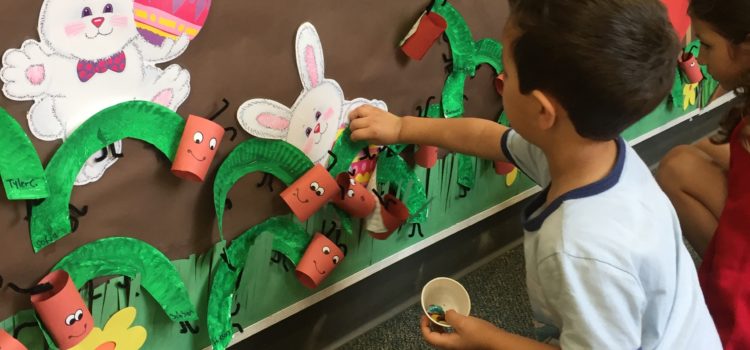
South Kern Sol, Reyna Olaguez
This past weekend, National Book Award Winner and acclaimed education writer Jonathan Kozol spoke at Cal State Bakersfield to a packed room of educators and students about education inequalities in public schools across the country, particularly the disparities that exist in preschool education.
“I go into Kindergarten classes, and I ask teachers how many of these little ones got a couple of years of really good rich developmental preschool, how many got all those social skills, all those emotional social skills and those wrap around services, teachers respond? Maybe half of my kids got something for one year,” said Kozol, who has spent his career working in public schools across the country, and writing about the persistent inequalities in the nation’s poorest schools.
Kern County ranks last of all 58 California counties in the portion of 3 and 4 year olds who attend preschool, according to the Children Now 2016-2017 Scorecard. About half of 3 and 4 year olds go to preschool in California, compared to just 32 percent in Kern. The percentage is several points lower for Latino/a children.
Research shows that high-quality early education can have long-lasting positive effects, such as higher levels of emotional functioning, school readiness, educational attainment, and earnings, according to Kidsdata.org. The gains are particularly pronounced for children from low-income families.
In his talk, Kozol argued that young children of color are consistently not given the same opportunities as white children, and these disparities persist through high school and beyond.
“Then they get into public school, and guess which ones are immediately identified as talented, and gifted and put in advanced work classes, set up that road to honors, and AP classes, and guess which ones, on the other hand, are labeled as developmentally delayed?”
Kozol emphasized that to achieve educational equity at the early childhood level, more funding must be devoted to those programs. Kozol added that the emphasis low achieving schools are forced to place on testing keeps them unequal. He said that rather than spending money on testing every year, we should take that money and invest it in preschool for every child in the country.
Kozol reminded attendees that testing doesn’t work and that the Obama Administration, after being supportive of testing came forward in 2015 saying that too much emphasis in being put on testing and assessments.
Kozol added that students in low performing schools are now not even reading whole books and instead putting an emphasis on nonfiction as opposed to poetry and fiction, meanwhile wealthy schools still spend about 75 percent of their time reading beautiful books, referring to this inequality as a “big cultural division in America.”
In low performing schools, the superintendent is expected to turn the schools around, “the superintendent tells principals, who then tell teachers to keep students on task all the time,” Kozol said. “[There’s] no time time to indulge in curiosity as curiosity will not be tested,” added Kozol.
“If there were two books that you have to tell each educator to read so that we can make a difference in our rural areas, which would those to books be?” asked an attendee.
“I would recommend a book I wrote called, ‘Amazing Grace,’ a narrative that describes life as it’s lived in a Black/Latino neighborhood in the south Bronx. The children really come to life. Although, it’s a painful book you will also see the glorious potential of children,” said Kozol.
Kozol also reccommended, ‘Letters to a Young Teacher,’ a book about a majority Latino school he had the opportunity to visit.
“Schools under pressure tend to marginalize things like music and art because they say ‘we don’t have time for that, as that won’t be tested,’ so what this teacher did– she just played music in the classroom in the background all day long, it was a joy to be in that classroom,” added Kozol.